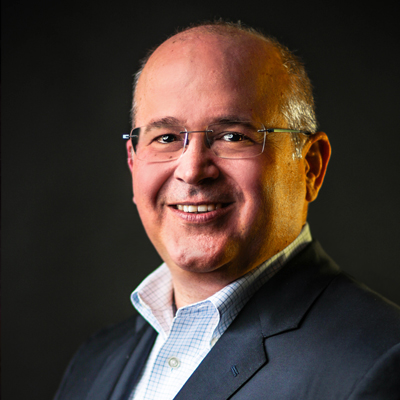What is the most difficult question candidates get during an interview? Although there are many questions that would make the top 10 list, there is one question that is easily at the top. Further, this is the question that, regardless of the type of search or the level of candidates we source, 8 out of 10 candidates don’t answer this question sufficiently.
This is a question I have asked everyone I have interviewed throughout my career. Although the question itself seems straightforward and pretty innocent at face value, the line of questioning can reveal quite a great deal about the candidate.
Why do I ask this question? I think it requires more insight than most. I think it shows the depth and maturity of the candidate interviewing for the role. It is one that how the question is answered can be more important than what the answer actually is. I also ask this question because early in my career, this same question cost me an opportunity. It left me red-faced, embarrassed and fairly frustrated. It is a question we should all be asking ourselves at all stages of our career and thinking in depth of how we would answer it if we were asked again.
This question requires two parts. Part one (the softball):
1. Can you provide me with three skills that you have developed well?
Part two (this is the make or break question):
2. Can you provide me with three skills you need to develop and have the opportunity to grow?
So many people ask me what is the right answer to this question. My answer? There isn’t one! There are several things that can be accomplished when asking this question that provides a great deal of insight to a candidate, and it is not necessarily the face value of the answers that are given that make or break the candidate. I feel this question is one you should be asking as an organization in acquiring talent or asking yourself if you are looking to improve your interviewing skill set.
Here are the best ways to utilize this question in your interviewing process:
1. Listen carefully.
When asking this question, I specifically use the word “skills”. More times than not, the answer provided will be more about style than skills. It is often more difficult for a candidate to highlight specific skills as opposed to style. You would also be surprised how many candidates will tell you they can’t think of any skills they need to develop (talk about red flags). What you should be looking for here, first and foremost, is the self-perspective and maturity of the individual for the role.
2. Don’t tap dance!
If you are unprepared to answer this question fully or draw a blank, do not be afraid to ask to come back to the question. In my experience, the reaction is for interviewees to feel they need to answer the question that minute or their opportunity will pass. Unfortunately, a lack of introspection or even a moment of prolonged consideration can be where that group begins to eliminate themselves from consideration. Answers like “I need to work hard at not working so hard” or “I need to improve how I delegate” not only miss the mark, they are very cliché and they will force further questions and most likely not end in a good place with the candidate.
3. Did you say three?
A well-evolved executive should be able to look at themselves and know where there is room for growth and should have not just one or two salient, applicable and thoughtful items to discuss. Going three skills deep really forces people to search. In our executive search experience, depth is key.
4. Weakness as a strength?
Being able to maturely talk about areas one needs to develop is not viewed as a weakness but a strength with experienced recruiters. It can lead to a meaningful conversation around fit, resources, and strategies to assess if the overall alignment between the candidate and the organization is a match. As we discussed in our previous piece about ‘Being Ready When Opportunity Strikes’, identifying a lack of alignment could help you avoid a bad career move.
So, why would I share this question? Because this is not a test. It is clear that for search executives to be able to find the best talent for our clients, we need to make sure we dig deep enough with candidates to really understand their talents, skill sets and even what their limitations may be. It is important that candidates are always taking inventory of their skill sets and can speak with confidence about themselves in all matters and facets.
If you’d like to learn more about “The Interview Question to End It All”, check out our Podcast on the topic, Tough Interview Question We All Should Be Asking on March 15th, 2020.

Larry Trilops
Co-Founder, Managing Partner
Larry Trilops is the Principal Advisor for Square Up Executive Search and Healthcare Advisors. Square Up is a healthcare firm that searches for leadership talent for organizations and provides advisory services to clients, focusing on ambulatory strategies, innovations, and program implementations. Our years of experience and expertise differentiates the talent and solutions we provide to clients.

